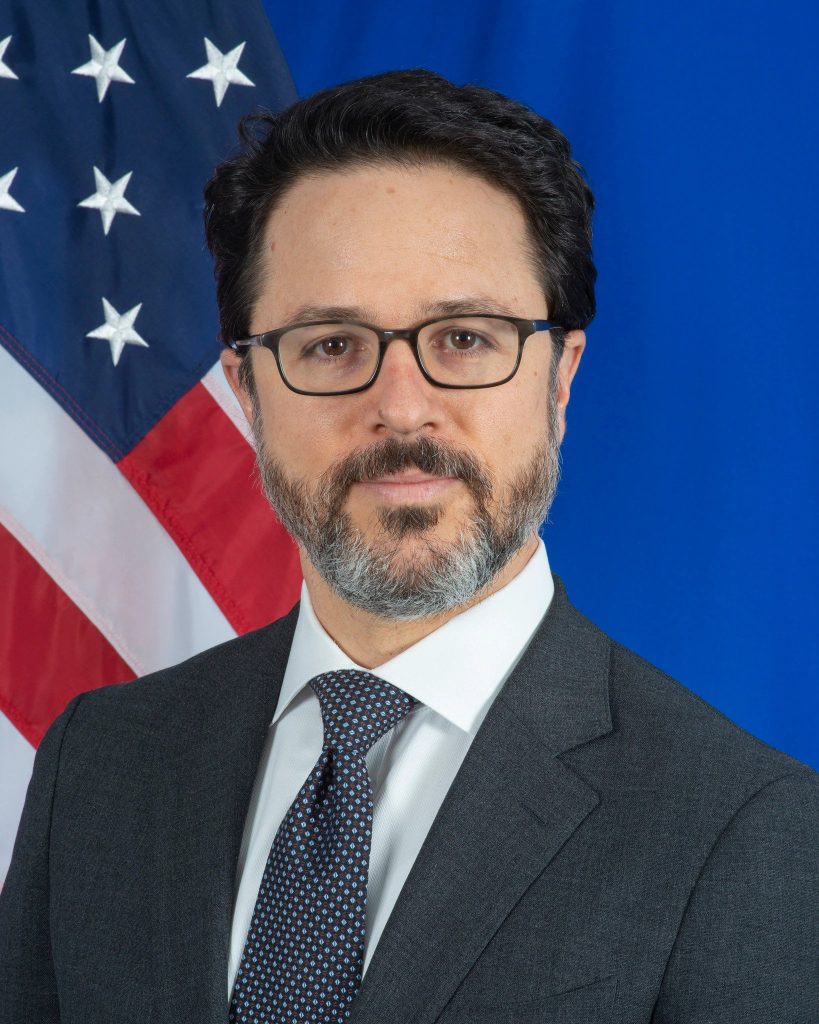The US and Europe have designated unprecedented sanctions on Russia in response to the Kremlin’s full-scale invasion of Ukraine. The wide range of sanctions measures employed by the West have sought to weaken Russia’s ability to fund and equip its military, disconnect Kremlin-linked companies from global financial markets, and prevent high-ranking officials from operating in Western countries. Despite recent European Union sanctions, Russian energy exports to Europe and elsewhere bring in roughly $1 billion per day, funding Russian President Vladimir Putin’s war machine.
While Moscow’s forces regroup for the next phase of the war, policymakers are discussing new sanctions options to weaken the Russian military in the medium term. The West has employed export controls, sanctioned Kremlin elites, cut off Russia’s access to $400 billion in foreign reserves, and sanctioned some Russian energy exports—what’s next?
How effective has the West’s sanctions response been and what can be done to strengthen current sanctions designations? How can the US work with its European allies to implement further energy sanctions on Russia?
A conversation with

Erik Woodhouse
Deputy Assistant Secretary for Counter Threat Finance and Sanctions, Bureau of Economic and Business Affairs
US Department of State

Amb. Olexander Scherba
Chief Advisor to the CEO
Naftogaz of Ukraine

Olga Khakova
Deputy Director, European Energy Security, Global Energy Center
Atlantic Council

Edward C. Chow
Senior Associate (Non-resident), Energy Security and Climate Change Program
Center for Strategic and International Studies

Dr. Alexander Rodyansky
Assistant Professor of Economics
University of Cambridge
Moderated by

The Eurasia Center’s mission is to enhance transatlantic cooperation in promoting stability, democratic values and prosperity in Eurasia, from Eastern Europe and Turkey in the West to the Caucasus, Russia and Central Asia in the East.

The Global Energy Center develops and promotes pragmatic and nonpartisan policy solutions designed to advance global energy security, enhance economic opportunity, and accelerate pathways to net-zero emissions.
